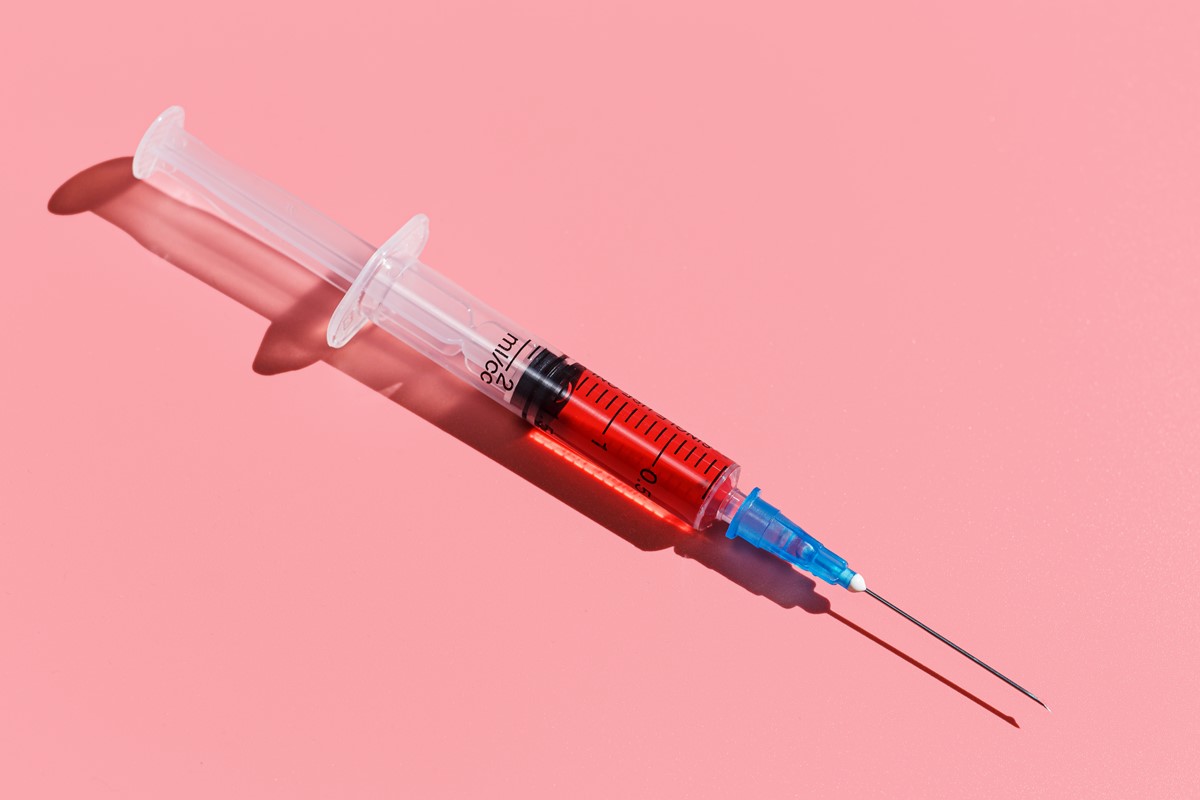Women who notice vaginal, cervical, or uterine bleeding after getting steroid shots aren't just imagining their symptoms. Both women still in their reproductive years and women who have passed menopause can have unusual bleeding after getting steroid injections, especially after getting epidural injections for chronic pain.
This doesn't happen to every woman who gets an injection with a steroid such as cortisone, dexamethasone, triamcinolone, betamethasone, or methylprednisone. The doctor's choice of steroid makes a difference. Bleeding is a little more likely with dexamethasone or methylprednisone than it is with betamethasone or traimcinolone.

The problem is reported in about 2.5 percent of women who get steroid injections. Age doesn't make a critical difference. Bleeding from the vagina is equally likely in premenopausal women, women who are still going through menopause, and post-menopausal women. The condition is rare enough that the first thing that a doctor will check out when women report bleeding after steroid shots is the existence of fibroid tumors, but in one study of this kind of follow-up, 100 percent of women still in their childbearing years were found not to have fibroids, as were 95 percent of those who were going through or had gone through menopause. Doctors will look for fibroids rather than assume the problem is steroids, but they almost never find them.
The way that steroid injections cause vaginal bleeding is two-fold
First, any kind of steroid treatment, but especially giving steroids by injection, will increase fluid retention. This will increase the "tenderness" of the vagina, the cervix, and the uterus. Steroids also interfere with the normal regulation of hormones by the hypothalamus and the pituitary gland and the hypothalamus and the ovaries. It's as if a woman gets stuck in the first half of her period. There is lower production of luteinizing hormone and follicle stimulating hormone, and the usual surge of progesterone (which thickens and toughens the linings of the uterus and cervix and reduces moisture in the vagina) just doesn't come along. Menstrual bleeding is prolonged, and spotting can occur even during the second half of a woman's period. In women who are past menopause, there is just an imbalance between estrogen and progesterone that causes too much estrogen to remain in circulation; this can cause bleeding from the lining of the uterus. In those rare cases in which women have uterine fibroids, the excess estrogen can make them swell and cause bleeding around them.
Usually bleeding after epidural injection with a steroid starts on the second or third day after the injection and lasts two or three days. This is the pattern in women of all ages. Usually the bleeding is actually from the uterus, although it is noticed as "vaginal" bleeding.
Bleeding is considered an absolute contraindication for future steroid injections. The bleeding caused by a steroid injection is usually minor, but there is always a concern that a second or third injection might cause life-threatening bleeding. A doctor will not give another epidural injection for neck pain or low back pain once a steroid shot has caused vaginal or uterine bleeding.
What can women do if they have bleeding after getting a steroid shot?
- First of all, don't take Aspirin! Aspirin can make bleeding worse. If you are on an anticoagulant such as warfarin (Coumadin), clopidogrel (Plavix), or rivaroxaban (Xarelto), call your doctor at once when you notice vaginal bleeding. The combination of the steroid injection and the prescription blood thinner can cause a serious, even life threatening loss of blood.
- Secondly, be aware that bleeding after a steroid injection may not show up immediately. In women who are still having their periods, the effects may show up any time in the 28 or so days of their first full cycle after the shot. In menopausal women, bleeding may not occur for up to two or three months after the treatment. Either way, you need to let your doctor know so you won't be treated with injected steroids again, and you can avoid serious bleeding complications.
- Çok OY, Eker HE, Çok T, Akin Ş, Ariboğan A, Arslan G. Abnormal uterine bleeding: is it an under-reported side effect after epidural steroid injection for the management of low back pain? Pain Med. 2011 Jun.12(6):986. doi: 10.1111/j.1526-4637.2011.01137.x. Epub 2011 May 31.
- Photo courtesy of SteadyHealth
















